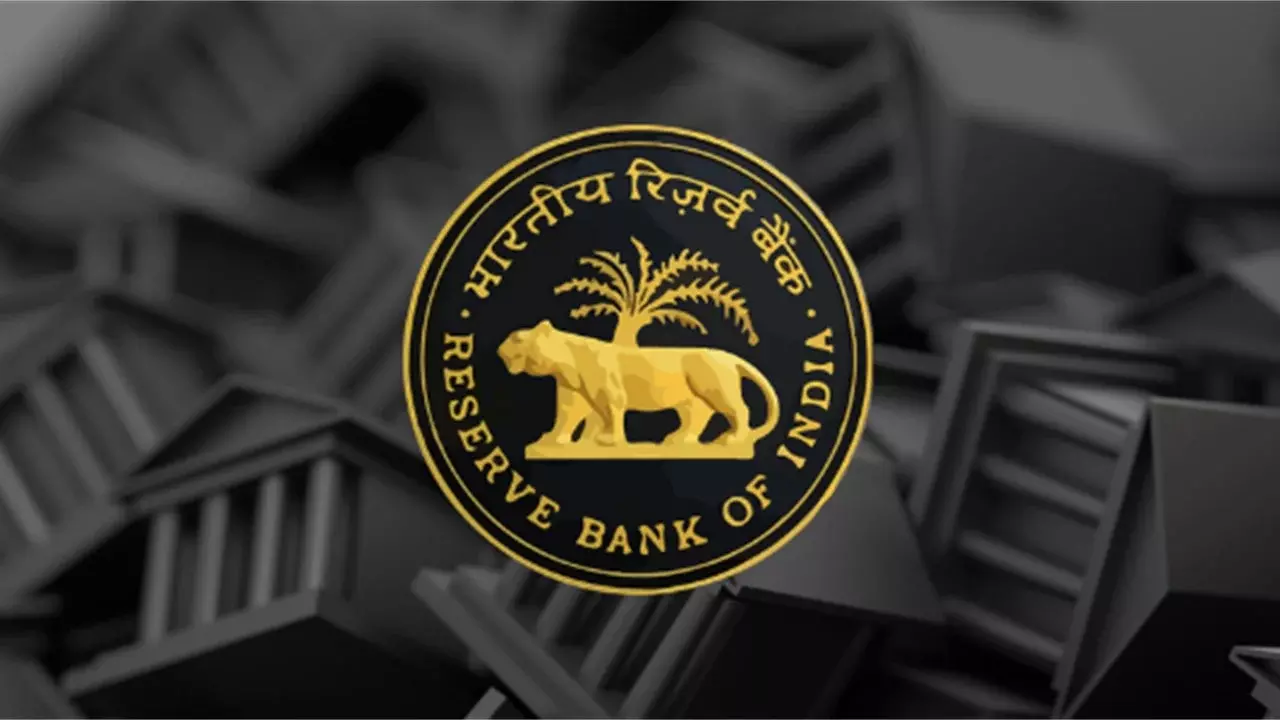RBI bullish on economy, but concerns remain
image for illustrative purpose

The Reserve Bank of India is bullish—quite reasonably, we can say—on the prospects of economic growth and development in the foreseeable future. In its article ‘State of the Economy’ in its February bulletin, the RBI said, “Expectations for a fresh round of capex by the corporate sector to take the baton from the government and fuel the next leg of growth are mounting.” The central bank has reasons to be upbeat about private capex, as balance sheets are healthy on the back of high profits, with leverage remaining constant or improving and the return ratio at a multi-year high, while fixed asset growth is evident in the oil and gas sector and chemicals. “In sectors such as steel and automobiles for which stock returns have exceeded index returns, fixed asset additions have, however, been underwhelming.” The RBI expressed satisfaction over the “most ambitious” capex plans of the power sector, even though “leverage is high among distribution companies.”
It may be recalled that the Centre has been successfully striving to bring down the outstanding dues of power distribution companies, which has been scaled down from Rs. 139,947 crore in June 2022 to around Rs. 50,000 crore this month. It was done by implementing Electricity (LPS and Related Matters) Rules, 2022, according to the Union Power Minister R.K. Singh. The RBI bulletin pointed out that India has made big strides in the green energy sector over the last decade, with renewable power constituting 43 per cent of the total installed power capacity. The corporate world must seize this lever to expand capex, especially in renewable energy. “The corporate sector must get its act together ready to relieve the government of capex heavy lifting and take advantage of the space ceded in financial markets by a lower budgeted borrowing programme and the easing of borrowing costs.” While the government’s push for infrastructure building is admirable, and has been widely lauded including by the RBI, there are still issues that the Centre needs to addressed on a priority basis. Foreign direct investment (FDI) is falling. The net FDI in India—that is, inflows minus the outflows—fell by almost 46 per cent in April-November 2023, down from $19.76 billion in April-November 2022 to $13.54 billion in April-November 2023.
This is despite the fact that the Narendra Modi government has been wooing the global investor community. It has been opening up sectors for FDI and hiking the caps. On Wednesday, the government further liberalized the FDI policy on the space sector. Now the amended FDI policy allows 100 per cent FDI in the space sector. The liberalized entry routes under the amended policy are aimed at attracting potential investors in space, pointed out Union Minister Anurag Thakur. The government had earlier brought down corporate tax rates. It also took many other measures to attract the investing community, but the response has not been as encouraging. Evidently, there is something that is stopping investors, global as well as domestic, to take the plunge. It is time the government think tank finds out the reluctance of investors and comes up with effective curative action. That will trigger capex by the private sector.

